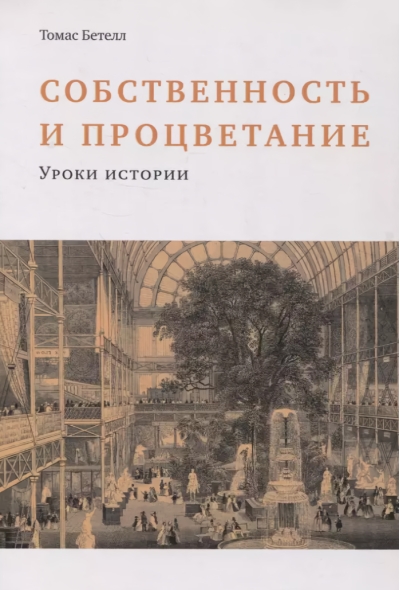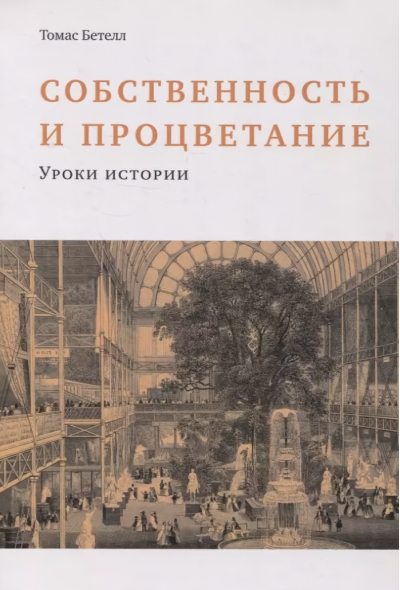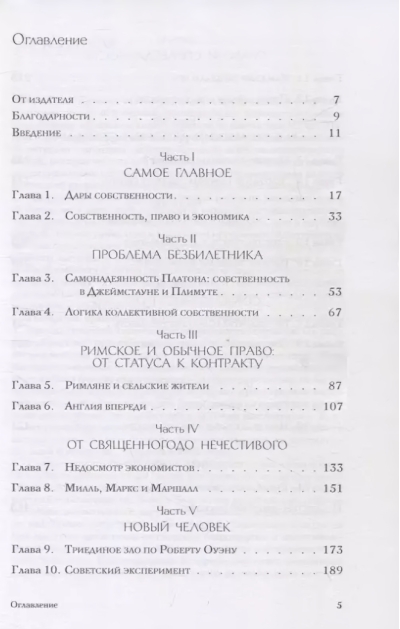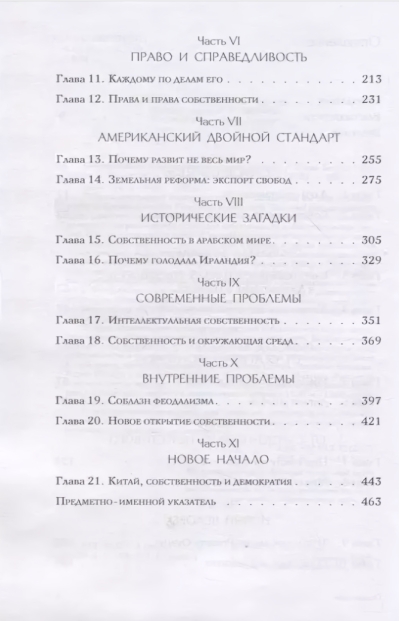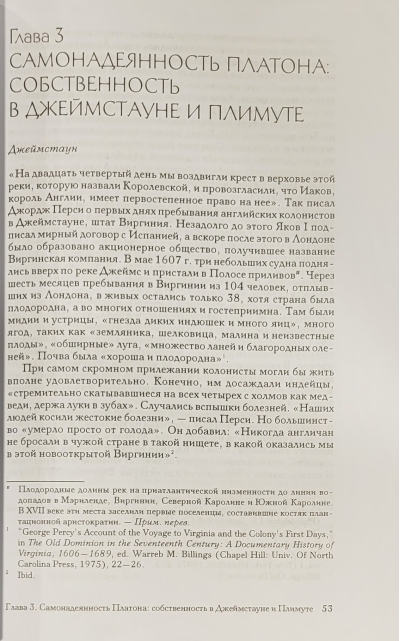Property and Prosperity: Lessons from History
14.99 €
In stock
The book in popular form tells about the history of private property from ancient Rome to the present day. This topic is considered from two points of view: the history of the institute and the history of ideas. The fundamental role of the institution of private property in social development is shown. At the same time, the book contains a rich collection of historical examples of how the weakening of this institution led to the collapse and destruction of communities or to the perpetuation of low living standards: the fate of the first North American colonies in Jamestown and Plymouth, the history of the commune of Robert Owen, the potato famine in Ireland, socialist experiments in the USSR and China, the problems of the Arab world, land reforms in developing countries, etc. The author analyzes the economic logic of incentives and demonstrates the detrimental use of resources. Particular attention is paid to the relationship between the institution of property and the state of the environment, as well as problems of intellectual property.
In his study of the history of the idea of private property, the author relies on the philosophical and legal foundations of this institution. If a political philosopher or economist has ever written anything important about the relationship between property rights and prosperity, then an exposition of his ideas is bound to be found in this book, which presents the views of Adam Smith, Jeremiah Bentham, Karl Marx and Friedrich Engels, Kenneth Arrow, Milton Friedman and many other thinkers. Particular attention is paid to the revival of interest in property rights in economic theory in the 1950s and 1960s (A. Alchian, G. Demsets, R. Coase).
The book is intended for a wide range of readers interested in economic history, as well as students and teachers of historical, economic and legal specialties.
In his study of the history of the idea of private property, the author relies on the philosophical and legal foundations of this institution. If a political philosopher or economist has ever written anything important about the relationship between property rights and prosperity, then an exposition of his ideas is bound to be found in this book, which presents the views of Adam Smith, Jeremiah Bentham, Karl Marx and Friedrich Engels, Kenneth Arrow, Milton Friedman and many other thinkers. Particular attention is paid to the revival of interest in property rights in economic theory in the 1950s and 1960s (A. Alchian, G. Demsets, R. Coase).
The book is intended for a wide range of readers interested in economic history, as well as students and teachers of historical, economic and legal specialties.
See also:
- All books by the publisher
- All books by the author


